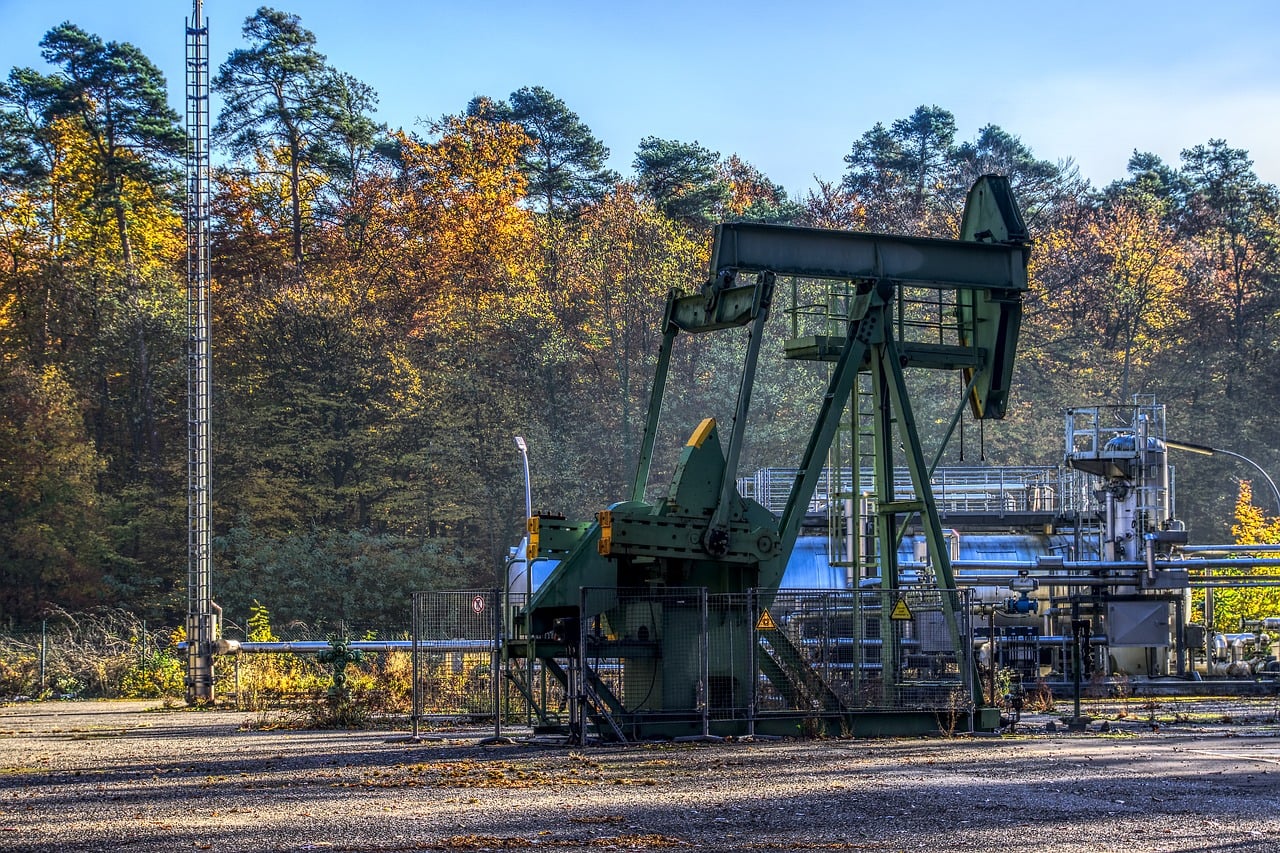OPEC and Russia are missing their oil pumping targets, sending the price close to a seven-year high. Production issues in various countries have prevented the organization from adding back 400,000 barrels a day.
Q4 2021 hedge fund letters, conferences and more
Underdelivering
As reported by CNN Business, the Organization of the Petroleum Exporting Countries and another top 10 crude oil producers are failing to deliver on their output promises. As demand plunged during the darkest days of the pandemic, the organization and Russia said they would pump more oil after taking 9.7 million barrels out of the market.
However, “The group, known as OPEC+, has repeatedly failed to meet its monthly target of adding back 400,000 barrels per day due to production shortfalls in several countries.”
Limited spare capacity and political unrest are likely to affect the coalition’s intent to deliver enough oil to contain rising energy costs and inflation.
Bjørnar Tonhaugen, the head of oil markets at Rystad Energy, said “There are concerns in the market, partly priced in, that OPEC+ will not be able to produce what they say in the future… There is anxiety about damage to production capacity from Saudi Arabia to Kuwait and Russia, from too low investments during the pandemic and before.”
Production Issues
In December, OPEC+ countries increased production by 250,000 barrels a day —which accounts for 63% of their target. Mainly, Russia and Nigeria are contributing to the deficit as they have been pumping below their monthly goal.
Helima Croft, the head of global commodity strategy at RBC Capital Markets, said: “Russia's foreign exchange reserves have swelled on the back of rising commodities prices, as well as key fiscal reforms such as raising the retirement age, potentially giving it more financial bandwidth to endure additional western sanctions.”
As the Omicron threat grows, markets expect OPEC+ countries to be able to deliver.
“While the jury is out on the actual spare capacity of OPEC+, the market is not convinced the capacity actually exists until it is proved, and it falls on OPEC+ and Middle East producers to deliver,” Tonhaugen added.













